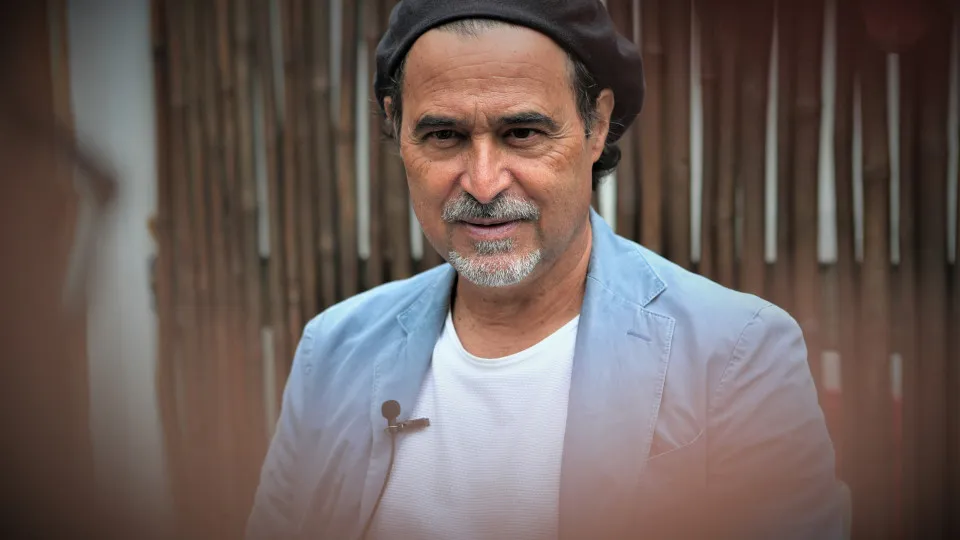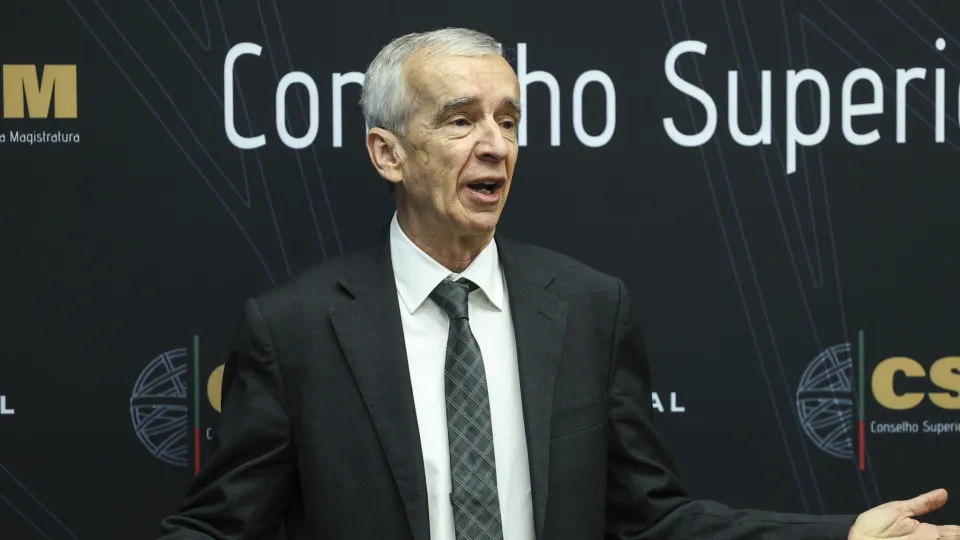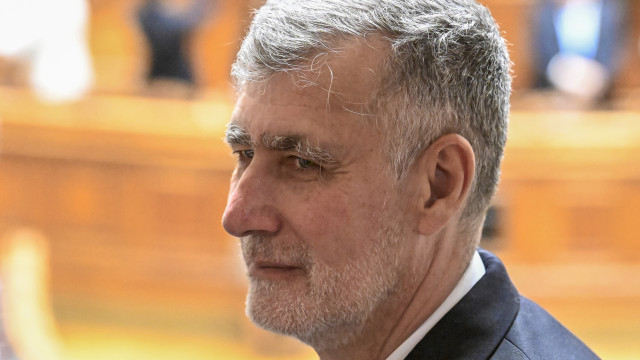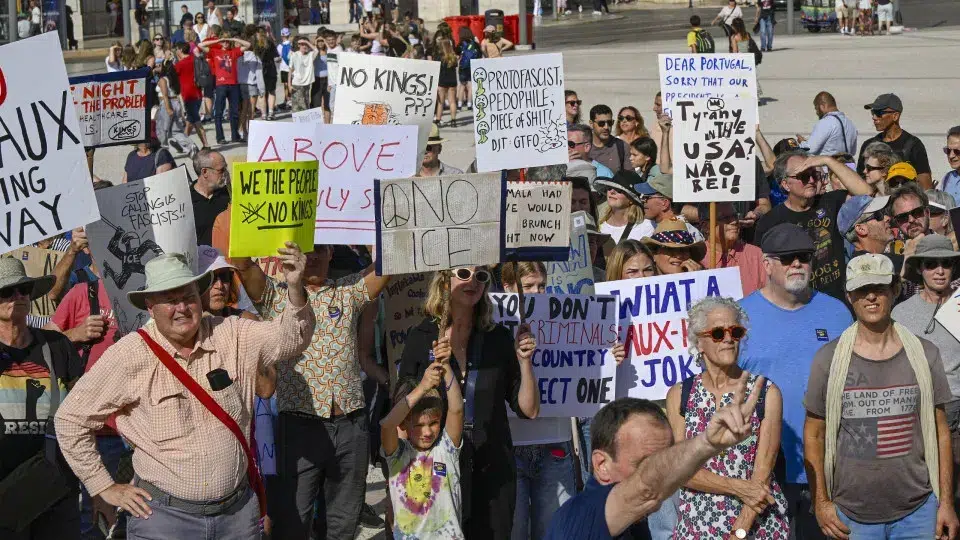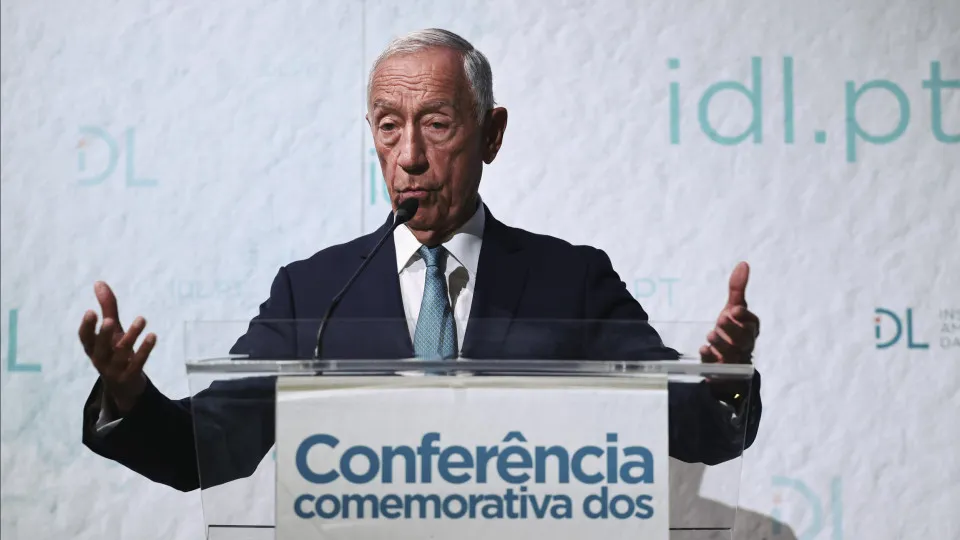
President Marcelo Rebelo de Sousa delivered remarks at the opening session of the conference celebrating the 50th anniversary of the IDL – Instituto Amaro da Costa, held at Teatro Thalia, Lisbon.
In attendance were notable figures such as the current CDS president and Minister of Defense, Nuno Melo, and the Justice Minister, Rita Alarcão Júdice, representing Prime Minister Luís Montenegro. The head of state highlighted the political achievements of his friend Adelino Amaro da Costa.
“He was one of the most brilliant figures in Portuguese democracy. To me, he was the greatest parliamentarian ever in Portuguese democracy,” Marcelo Rebelo de Sousa stated.
For the President of the Republic, the CDS founder—represented at the session by former leaders like Manuel Monteiro (also president of the IDL) and Ribeiro e Castro, as well as parliamentary leader Paulo Núncio—”was a man of extraordinary culture, gifted with powerful oratory and remarkable writing skills.”
“Wherever, whenever, he wrote instantly. With small, perfect, regular handwriting, full of imagination, creativity, and curiosity,” he noted.
Addressing figures from socialist circles like João Soares and Sérgio Sousa Pinto, and from Chega like André Ventura and Diogo Pacheco Amorim—present at Teatro Thalia as the vice-president of the Assembly of the Republic—Marcelo Rebelo de Sousa also touched upon the more solitary aspects of Amaro da Costa.
“Often, he would turn up at friends’ houses. He would call suddenly and ask: Can I come to dinner? Yes, he could. And thus, he would show up for dinner and stay the night,” he recounted.
“He was a force of nature, always concerned with the pedagogical aspect,” the President of the Republic added, before referencing the death of Adelino Amaro da Costa in the Camarate accident, which also claimed the life of Francisco Sá Carneiro on December 4, 1980.
He left too soon. Some say those who depart first are the favored ones of the gods.
“I don’t know if it’s true, but for those more providentialists, there’s something that makes us believe neither he nor Francisco Sá Carneiro would have ended their days in slippers, sitting watching TV or interacting on social media, thinking it was a good end to a career. Neither would retire,” he said.
To Marcelo Rebelo de Sousa, Sá Carneiro and Amaro da Costa “left early enough to leave behind memories, longing, and an iconic status incompatible with a banal, peaceful, and unimaginative term that would be anything but the heroic one they had.”

